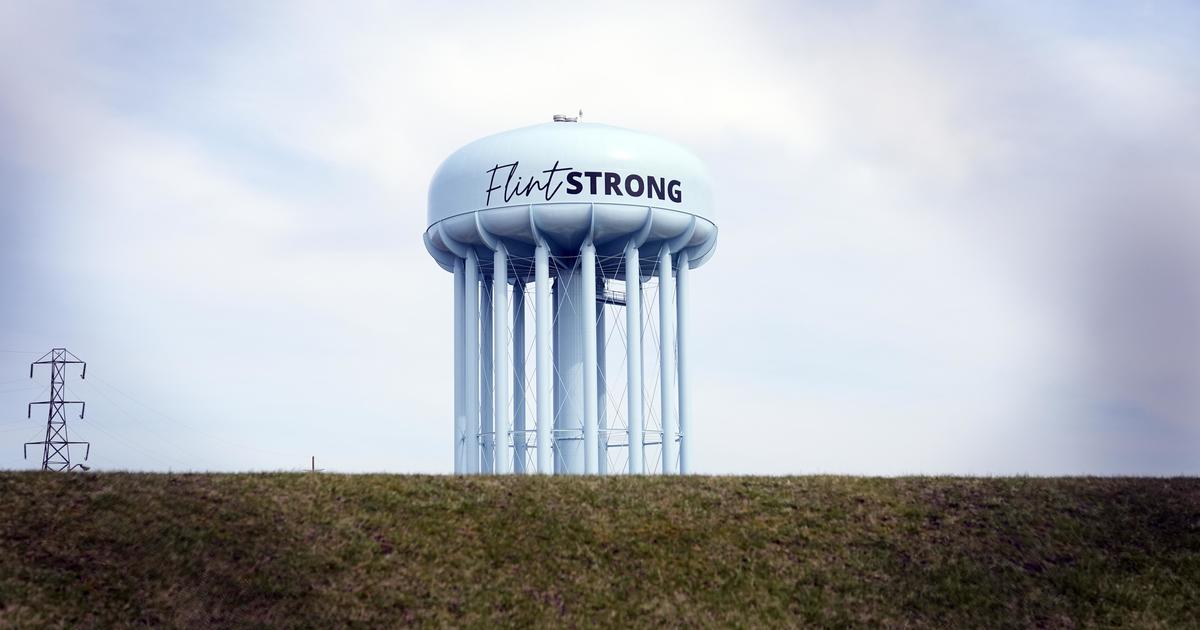The Fruits Of Michigan University Research Are On The Auto Show Floor
DETROIT -- When you see all the technological advances at the North American International Auto Show, you're seeing Michigan higher education at work.
Officials with the Michigan University Research Corridor -- the research consortium of Michigan State University, the University of Michigan and Wayne State University -- touted its contribution to automotive progress on the Auto Show floor Thursday.
"Perhaps in no industry is the URC's collective power to make significant contributions in innovation and talent more evident than in the automotive industry, said URC executive director Jeff Mason. "Those efforts have helped Michigan's auto industry surge back powerfully in recent years."
Michigan's URC schools worked on more than 1,400 auto-related research projects over the past five years, with a total expenditure at the schools of more than $300 million. That's according to a research report conducted by the Anderson Economic Group of Lansing, and available at http://urcmich.org/news/pdf/auto-sector-report.pdf.
Some of the effort was basic research allowing innovation to move faster. Other research involved working with specific companies and government sponsors to solve problems and assist in product development. The results made their way to the technology and improvements on display this month at NAIAS.
Mason noted that 28 percent of the $300 million in research was funded by the industry, nine times the pace of all university R&D, which is 3 to 4 percent industry funded.
Mason said UM's Transportation Research Institute conducts funding into auto topics ranging from diesel powertrains to connected vehicles. Michigan State University's land grant and agricultural heritage plays out in research into biofuels and green technologies. And Wayne State's engineering focus results in powertrain research, as well as biofuels at its TechTown research park.
In addition to research, the URC is helping the auto industry with its talent needs. Each year, the URC universities produce more than 3,600 graduates in the STEM fields, science, technology, engineering and mathematics. And 13,000 URC alumni currently work at the Detroit Three.
Bruce Belzowski, assistant research scientist at UMTRI, led reporters Thursday on a URC tech tour of the NAIAS show floor, stopping at connected vehicles and advanced clean diesel powerplants.
"U of M has been working on diesel technology for decades," he said. "In the past we tended to think of this as a fuel economy measure, but we always had problems with emissions." But today's advanced diesel engines don't have the stink or soot of the diesels of decades past. he noted.
And they cost less to run. Belzowski said a UMTRI study of the total cost of ownership of diesel engines, which considered original cost, depreciation, fuel costs, fees, taxes, insurance, maintenance and repairs, found that a diesel vehicle was $3,000 cheaper to own after three years and, consistently, $5,000 cheaper to own after five years.
As for connected vehicles, UMTRI is now running a federal study of 3,000 "wired" vehicles in the Ann Arbor area that "talk" to each other and the surrounding infrastructure -- among other things, to optimize traffic signal times.



